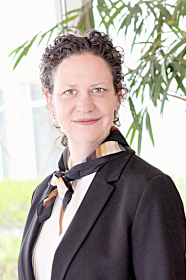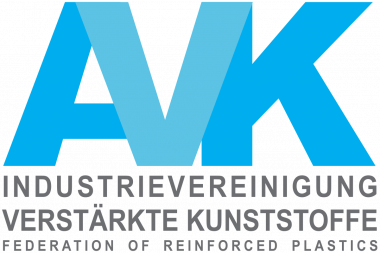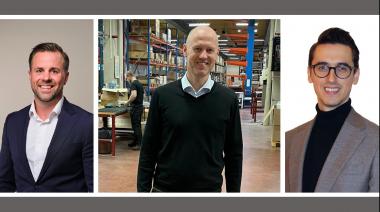EURATEX asks EU to control the rise in oil and gas prices
Statement
Notwithstanding the industry support to the sanctions in place against Russia, EURATEX highlights that companies are at risk of stopping their production if energy and gas prices continue to rise.
The energy crisis that started at the end of last year has been worsening in the last week. Prices of energy, gas and oil has been skyrocketing. According to Reuters, Benchmark European gas prices at the Dutch TTF hub rose by 330% last year, while benchmark German and French power contracts have more than doubled.
The textile and clothing industry is facing an unprecedented situation. Many companies are considering shutting down production because of energy costs.
EURATEX supports the measures taken by the EU in the Ukrainian-Russian conflict, but asks the European Union and Members States to compensate the situation by supporting their industries. Companies need access to energy at reasonable prices, may those be subsidies, removing environmental levies or VAT from bills and price caps. The transfer to renewable and cleaner sources of energy needs to speed up, so to guarantee less dependency. But it is a long process that cannot be achieved in the forthcoming months. That’s why Europe should urgently look at the available options to control such market shocks.

































